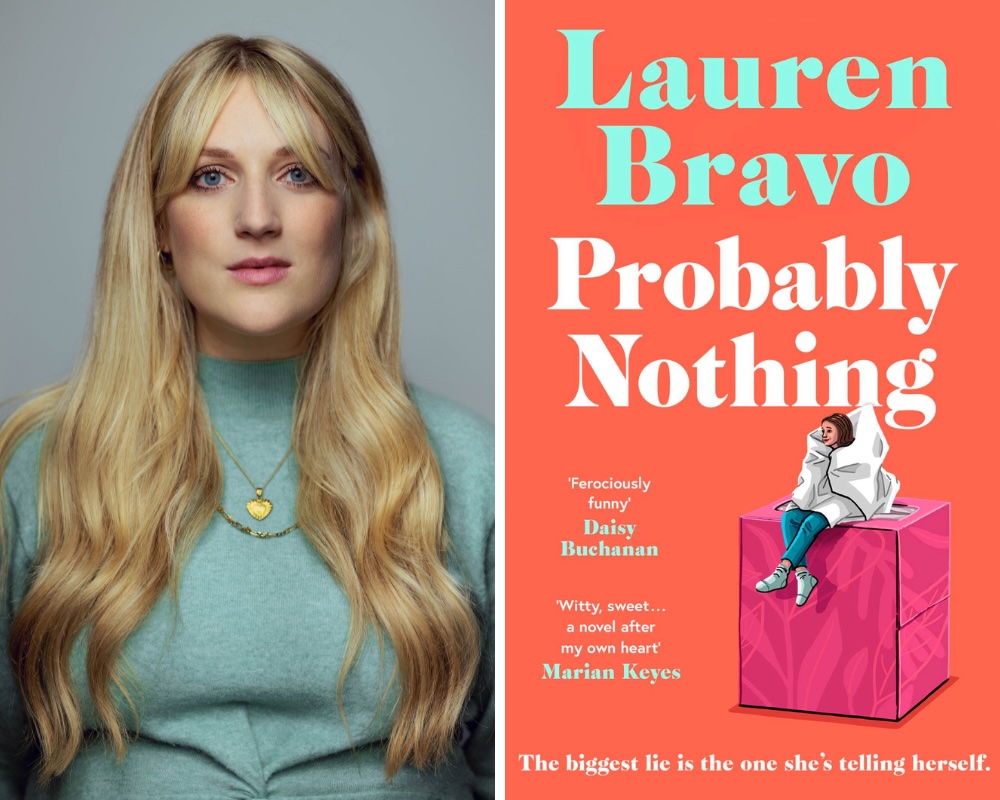Lauren Bravo: The lure of the chaotic, charismatic fictional family

Forgive me, but Tolstoy was wrong. Happy families are not all alike.
Or perhaps the boring ones are. Families that are straightforwardly, uncomplicatedly happy, without quirk or friction or deep-buried tension. But – if they exist at all, and I’m not sure that they do – who would want to read about those?
For as long as I’ve been a reader, I’ve been drawn to books about the alternative. Complicated, charismatic, dysfunctional-yet-loving families, and the quiet outsiders who are seduced by their chaos.
My childhood bookshelves were noisy with them, from the self-mythologising Fossils in Ballet Shoes and the rag-tag Ruggles of The Family From One End Street, to Hilary McKay’s 90s classics The Exiles and Dog Friday. I loved books in which bands of siblings and their wry, hands-off parents seemed to inhabit a world several degrees left of our own, where rules were flexible, madcap schemes were cooked up daily and the family lexicon was rich and hilarious. Reading Harry Potter, I didn’t yearn for a Hogwarts letter so much as an invite to the Weasleys’ cluttered Burrow.
Before long, I’d established a favourite literary sub-genre: family of glamorously shabby intellectuals languishes in enormous crumbling house, eating crumpets and corrupting innocents. You know the ones. Nancy Mitford’s The Pursuit of Love is perhaps the blueprint, with its made-up language and meetings in the linen cupboard. Dodie Smith’s I Capture The Castle is an equally perfect mix of youthful verve and faded grandeur. Brideshead Revisited does it with aplomb, and added Catholicism. Stella Gibbons’ Cold Comfort Farm is the template with a twist, sensible orphan Flora Poste more determined to civilise her wild rural family than romanticise them – but still, the pull of intrigue from the woodshed is strong. Even Little Women is a worthier version of the same idea, neighbour Laurie so in love with the family as a whole that he can move his affections from Jo to Amy with seeming ease.
Barbara Trapido’s Brother of the More Famous Jack moves the trope – and the values – into the 1970s, with the irresistible tale of suburban Katherine being taken under the wing of her professor, Jacob Goldman, his “dauntingly grotty” country house and his sprawling, prodigious family. While the Goldman sons are Katherine’s official love interests, it’s really Jane, their witty bohemian mother, who provides the beating heart of the home and story. “A neglected Burne-Jones, she is, in wellingtons.”
And so it was with all these formative families in mind that I came to write my contemporary version: the Slingsbys, the messy, magnetic brood at the heart of my novel Probably Nothing.
Protagonist Bryony (also suburban, and more than a little uptight) has been casually sleeping with a man she met on a dating app, when he suddenly dies – and she is swept into the bosom of his eccentric, grieving family, who all believe she was the love of his life.
A lifelong people-pleaser, Bryony first goes along with the charade out of awkward politeness. But I knew I needed to create a clan with enough charisma to keep her tangled in her web of lies. It’s also a subversion of the universal truth: that to build a life with one person inevitably means entering into a relationship with their whole family. But what happens if you fall for the family instead? Can you retrofit that love by proxy?
The Slingsbys are not intellectuals, nor truly bohemian, beyond having a house covered in newspapers and dog hair. But they are a forcefield. Even their grief becomes a social occasion, a galaxy of friends, neighbours and hangers-on descending to mourn together, in a kind of macabre tribute to the weekend house parties of the Mitford era. And the sun around which they all orbit is the matriarch: Ann, a woman so welcoming that it borders on aggressive. “She’d left with a carrier bag of biscuits ‘for the journey’, a crocheted blanket she’d idly admired (‘take it, take it! I will be furious if you don’t!’) and the disorientating sense that in having casual sex, she’d somehow picked up a new parent.”
These are stories of two halves. They often begin the same way – a shy, curious outsider is lured from their conventional world into the technicolour whirl of an eccentric family – but their endings are open to variation. Sometimes the outsider is ultimately rejected and forced back into the cold; Abigail in Clare Chambers’ Learning To Swim, or Funke in Nikki May’s This Motherless Land (which turns the trope on its head, since it is she who brings warmth and joy to her relatives’ cold English manor house). Sometimes the family breaks down, revealing their quirks to be less charming than they originally seemed. And sometimes, as with Probably Nothing, our outsider is forced to reckon with themselves, and address the root of their own need to belong.
You might assume, from all the fascination, that I too was one of these shy interlopers with a quiet, lonely upbringing. Not the case – I had my own noisy, mildly eccentric family, although we lived in a suburban semi-detached rather than bucolic bohemian splendour. But perhaps the real appeal of a chaotic literary family is not their quickfire wit or prime real estate, their scandalous parties or their relaxed attitudes to nudity. It’s simply the fact that they aren’t your family.
Spend enough time in any new pasture and you’ll eventually find out that the grass isn’t always greener on the other side. But for as long as the story lasts, it’s certainly fun to pull up a chair and make yourself at home.
Probably Nothing by Lauren Bravo is published in paperback by Simon & Schuster on 13 March 2025


